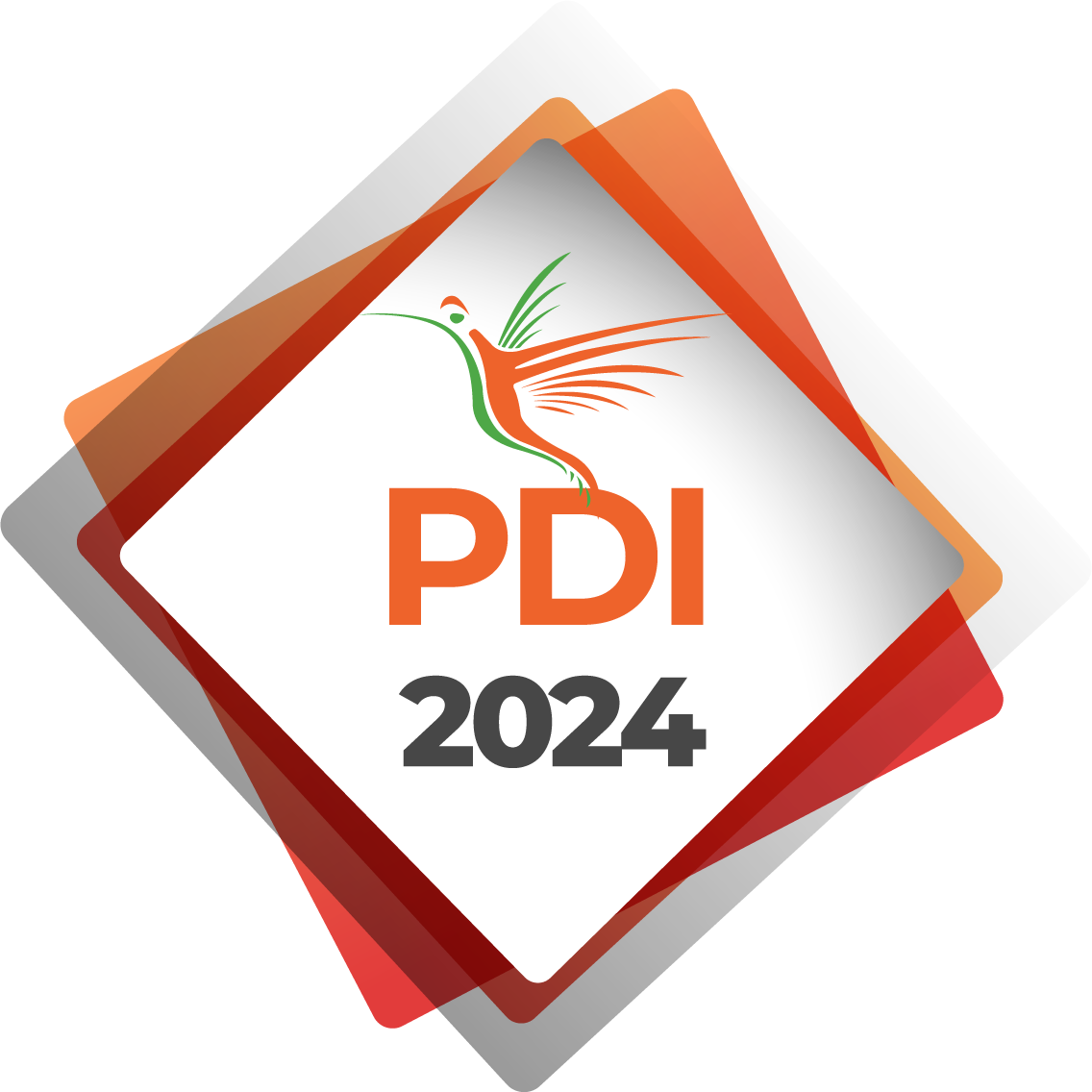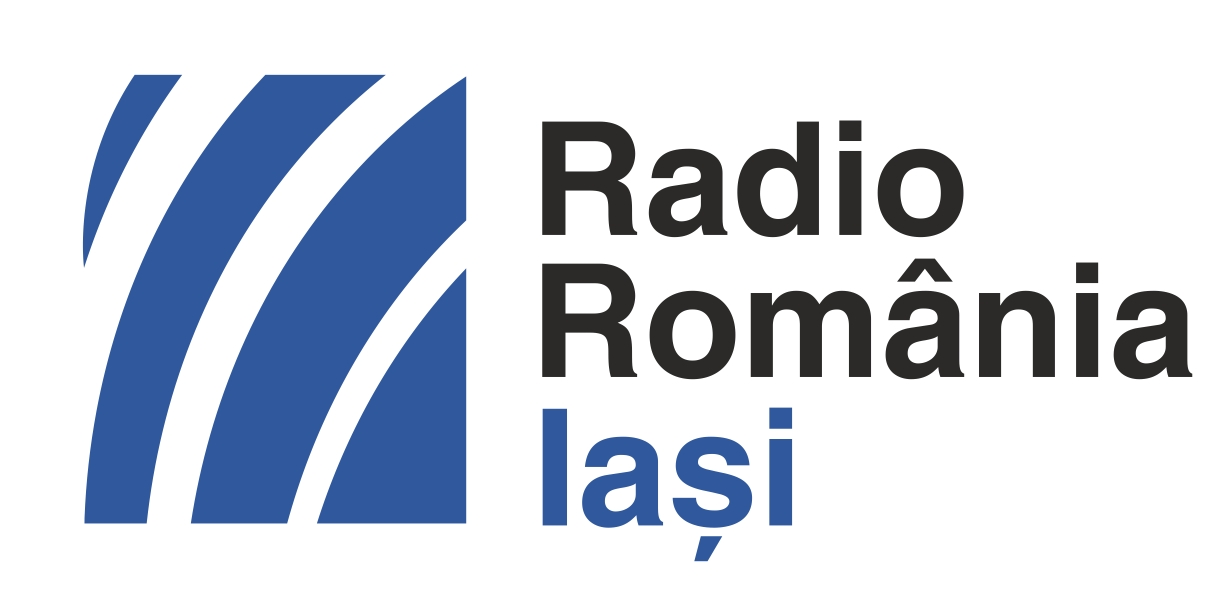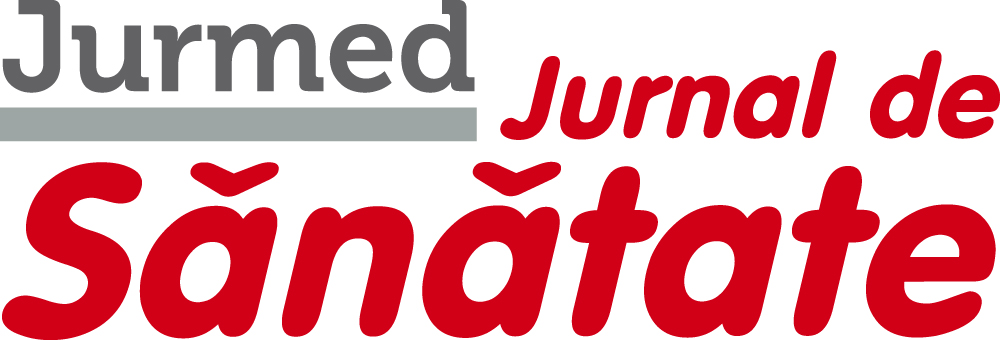Cercet. Șt. gr. I Dr. Constantin Carolina

Cercetător Știițific gr. I Constantin Carolina
Institutul Naţional de Cercetare-Dezvoltare în Domeniul Patologiei şi Ştiinţelor Biomedicale “Victor Babeş” Bucureşti
Serviciul de Anatomie Patologică, Spitalul Clinic Colentina, Bucureşti
Modificări fenotipice ale celulelor NK – noua abordare în imunoterapia melanomului
Autori: Carolina Constantin1,2, Gheorghița Isvoranu1, Mihaela Surcel1, Adriana Narcisa Munteanu1, Sabina Zurac 2,3, Monica Neagu1,2,4
1 Laborator Imunologie, Institutul Național de Patologie „Victor Babeș” București, România
2 Departament Patologie, Spital Clinic Colentina, București, România
3 Școala Doctorală, Facultatea de Biologie, Universitatea București, România
Cuvinte cheie: celule NK, fenotip imun, terapie, melanom
Introducere. Imunoterapia devine un reper extrem de actual în cancer iar celulele imune reprezintă principalul instrument terapeutic în acest demers. Activitatea citolitică a celulelor natural ucigașe (natural killer NK) poate fi explorată ca o nouă cale în imunoterapia anti-tumorală. Deși activarea inițială a acestora in vitro de citokine precum IL-2, IL-12, IL-15, sau IL-18 a fost studiată intens, efectele biologice ale activării NK în contextul interacției cu celulele tumorale rămâne un obiectiv insuficient abordat.
Materiale și metodă. S-au investigat prin citometrie de flux modificările de fenotip ale celulelor NK murine, în sisteme experimentale de co-cultivare cu celule tumorale din linia standard de melanom B16F10.
Rezultate: A fost observată supraexpresia unor markeri de activare NK, respectiv CD69, CD132 și CD25, expresie asociată cu capacități citotoxice și imunomodulatoare crescute. În plus, în urma activării tumorale a celulelor NK a fost înregistrată reglarea negativă a receptorului NKp46 și a unor molecule de maturare cum sunt CD49b și CD122.
Concluzii. Acest tip de date poate contribui la definirea unui fenotip NK modulat de celulele tumorale, independent de stimularea via citokine, oferind noi dimensiuni răspunsurilor anti-tumorale NK, accelerând potențialul terapeutic al acestora în cancer, respectiv în melanom.
Studiu finanțat de proiectele: PN-III-P4-PCE-2021-0549; Program Nucleu 2022-2026 MEMOGEN: PN 23.16.01.03/2022; COST CA21108 European Network for Skin Engineering and Modeling (NETSKINMODELS).
NK cells phenotypic changes in tumor setting – next level in melanoma immunotherapy
Authors: Carolina Constantin1,2, Gheorghița Isvoranu1, Mihaela Surcel1, Adriana Narcisa Munteanu1, Sabina Zurac 2, Monica Neagu1,2,3
1 Immunology Laboratory, „Victor Babeș” National Institute of Pathology, Bucharest, Romania
2 Pathology Department, Colentina Clinical Hospital, Bucharest, Romania
3 Doctoral School, Faculty of Biology, University of Bucharest, Romania
Keywords: NK cells, immune phenotype, therapy, melanoma
Introduction. Immunotherapy emerges as a current landmark in cancer, where immune cells represent the main therapeutic tools in this attempt. Thus, the cytolytic activity of natural killer (NK) cells may be explored as another path for anti-tumor treatment. Although in vitro “priming” of NK cells by cytokines such as IL-2, IL-12, IL-15, or IL-18 has been extensively studied, the biological consequences of NK cell activation in response to tumor cell interactions have not been yet in depth examined.
Material and method. Our aim was to investigate by flow-cytometry the potential phenotype changes of murine NK cells upon co-incubation with melanoma B16F10 cell line.
Results. Upregulation of some NK cell activation markers was noticed, such as CD69, CD132 and CD25 associated with enhanced NK cell cytotoxicity and immunomodulatory functions. In addition, the downregulation of activation receptor NKp46 and other maturation molecules like CD49b and CD122 following tumor-priming was observed.
Conclusion. These findings might contribute to define the NK cells phenotype following their encounters with tumor cells, independent of cytokine stimulation, and provide insight into tumor-specific NK cell responses accelerating the therapeutic potential of NK cells in cancer, respectively in melanoma.
This work was supported by following grants: PN-III-P4-PCE-2021-0549; The Core Program 2022-2026 MEMOGEN: PN 23.16.01.03/2022; COST Action CA21108 European Network for Skin Engineering and Modeling (NETSKINMODELS).
Scurt CV
Carolina CONSTANTIN, Senior researcher I, PhD, biochemist, “Victor Babeș” National Institute of Pathology, Immunology Laboratory & Colentina Clinical Hospital, Research Core of Pathology Department, Bucharest. Research topics: immune parameters analysis and biomarker discovery in melanoma and non-melanoma skin cancer; co-inventor for 4 patents related to photodynamic therapy PDT in skin pathologies. Dr. Constantin conducted national research projects linked to novel photosensitizers for cancer PDT, drug-delivery nanosystems for skin regeneration; partner responsible for MNT_ERANET project 7030-1/2010 related to novel porphyrins for theranostics.
Specialization in Molecular Biology at Ludwig Institute for Cancer Research, Signal Transduction Unit (Bruxelles); Cellular Biology specialization at University of Athens, Biochemistry and Physiology Department, in the frame of NATO SfP 982838/2007 project. Technical expert in 5 EU projects for biomedical assays; teaching experience in protein microarray technology; volunteer reviewer for several ISI journals. Currently involved as MC member for COST Action CA18127 – International Nucleome Consortium (INC); MC substitute of the management committee for COST action CA16120 – European Epitranscriptomics Network (EPITRAN); alternate member of the management committee for CA18125 – Advanced Engineering and Research of Aerogels for Environment and Life Sciences (AEROGELS); membership: CA21108 European Network for Skin Engineering and Modeling (NETSKINMODELS).
Reviewer for the following Journals: Cancer Management and Research; Genes; OncoTargets and Therapy; International Journal of Nanomedicine; Nanomedicine; International Journal of General Medicine (Dove Press); Food and Chemical Toxicology (Elsevier); Evidence-Based Complementary and Alternative Medicine (Hindawi); Environmental Toxicology and Pharmacology; Seminars in Cancers; Theranostics; Frontiers in Oncology; Frontiers in Bioscience-Landmark; Journal of Pharmaceutical Research International.
Editorial Board membership: Journal of Personalized Medicine (since 2022); Revista de Chimie (Bucharest) (since 2020).
Contactează operatorul PDI 2024
Operatorul PDI 2024
![]()
Adresa: Str. A. Panu nr. 13, Iasi
Tel.: 0332.40.88.00-05
E-mail: contact@pdi.ro
Website: www.eventer.ro
Parteneri Media








